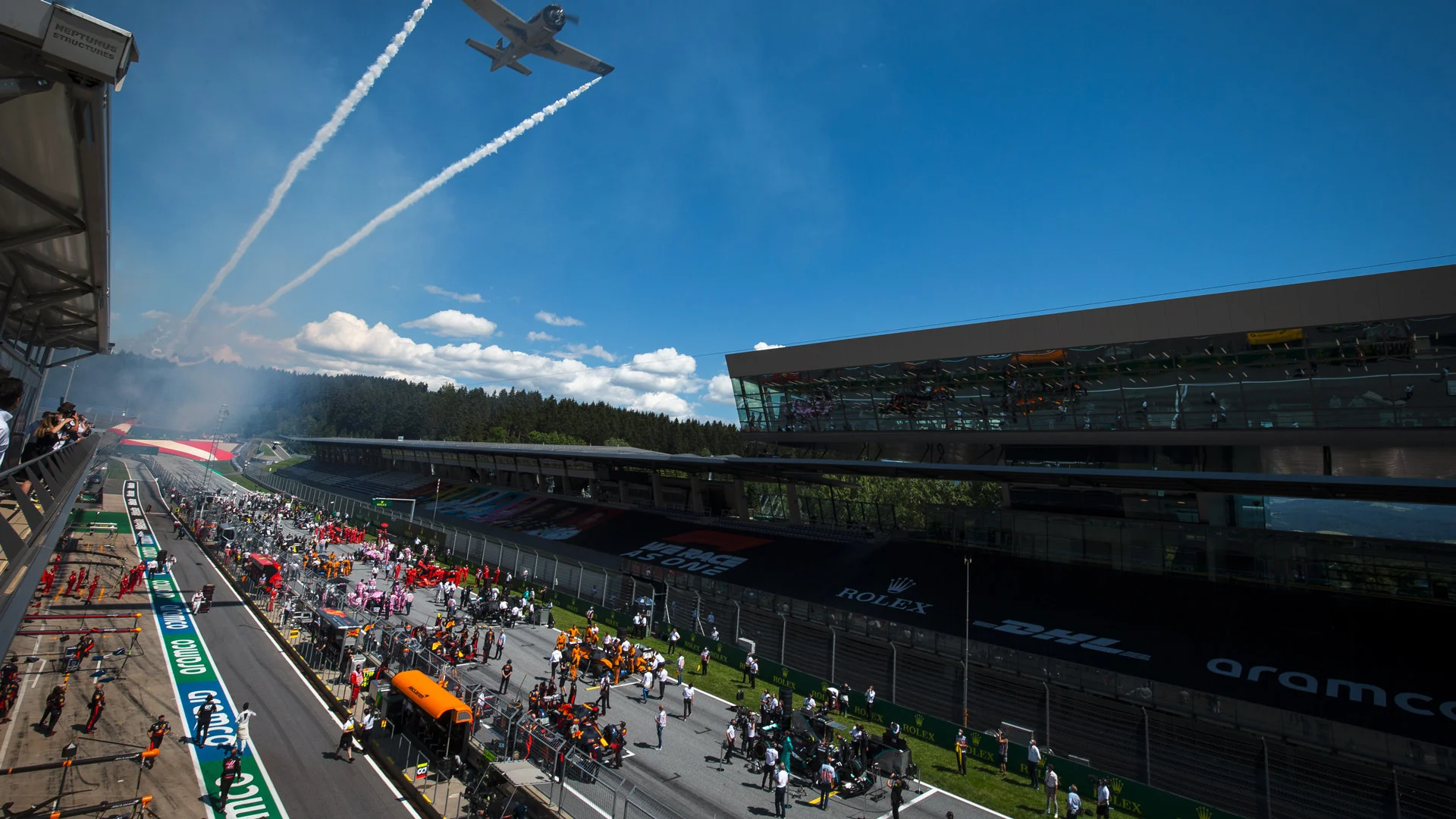I remember the first triple-header in F1 history in 2018. For me, it was horrible. Of course it hadn’t helped that we’d decided to start the 21-day marathon with a non-stop 28-hour journey across France to visit every venue of the French Grand Prix, but still.
After the most labour-intensive and competitively-condensed period in the sport’s history it was decided it would be better if we didn’t try that again.
READ MORE: BUXTON: Why I’m already excited about Ricciardo joining McLaren in 2021
And yet here we are, at the end of the second triple-header in the history of the sport, and all I’ve got are positive reflections.
In a year where so much has been abnormal and almost all news has been bad, returning to some semblance of the life we knew before, and most importantly being able to be part of bringing something joyous to people around the world, feels nothing but great.
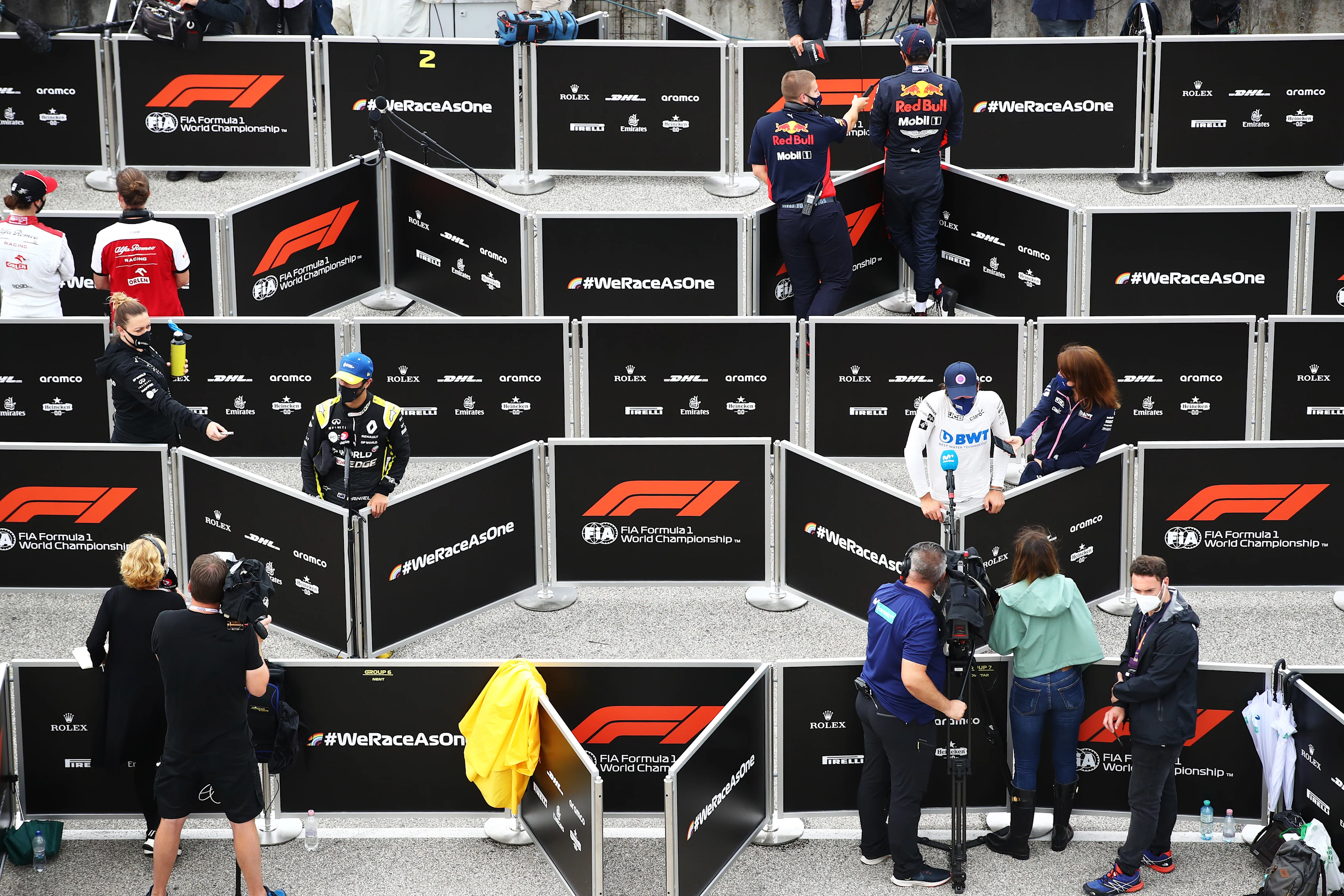
There were hurdles to overcome, of course there were. Everyone had to get used to operating with reduced crews and Formula 1 itself was no exception.
There had always been a plan to make the broadcasting of the sport a remote operation for both environmental and financial reasons, but this gargantuan undertaking was due to be phased in over three seasons.
Instead, it was done over the three months between the cancelled Australian Grand Prix and the new first round in Austria. A team of over 250 on site became a team of 75, with new working processes for both those at the track and those newly positioned back at base in the UK.
READ MORE: Formula 1 confirms it’s not possible to race in Brazil, USA, Mexico and Canada in 2020
Be in no doubt, three races back-to-back under normal conditions would have been tough enough
We weren’t alone. Everyone in the Formula 1 paddock was getting used to a new way of working. From the media side, we had new protocols for socially distanced interviews, restrictions on where we could go and what we could do. But everyone knuckled down, mostly without complaint, and just got on with it.
In some instances, the new systems even made life a bit easier. As Tom Clarkson recently and so astutely noted on Formula 1’s F1 Nation podcast, there was a certain degree of the old days about the new ways. The inability for excess had led to a stripped down and simple version of the sport, one that many of us remembered as a distant memory from our past and some had only ever heard about in dinner tales or grumbles from their more experienced colleagues.
READ MORE: 6 reasons to be excited about the three new additions to F1’s 2020 race calendar
The one key difference here was that the restrictions came out of necessity. The protocols were rigorous because they had to be. And they worked.
There was no milling around, and so the paddock often felt quite empty. The teams stayed within their channels, moving only between their garages and trucks, or upstairs above their boxes to eat in the spaces which would, on any normal weekend, have been filled with Paddock Club guests gorging on champagne and Michelin-starred food. Instead, across the paddock, airplane style trays and a choice of a meat, veg or pasta-based meal became the norm.
But to pretend that the opening race weekends were normal would be untrue and unfair. I spoke at the top about our own experiences in F1. All 10 teams experienced something similar. Only 80 crew members considered to be essential to the trackside operation of the team were allowed in the paddock.
Procedures and practices set in stone over years of experience and fine tuning had to be amended as almost every travelling member of every team was forced to take on greater responsibilities. Fewer hands on deck meant a higher workload for everyone. Every team member thus had not only to pull their weight, but to carry the extra load and be there to help support those members of their crew who stumbled.
Be in no doubt, three races back-to-back under normal conditions would have been tough enough. But coming off the back of three-and-a-half months of either working from home or being furloughed from employment, jumping straight back in with added responsibilities, new prohibitive working practices, social distancing and a bunch of new cars that hadn’t been run in anger since February, is a whole different equation.
While we revel in the monumental efforts every crew put in over the last three weeks, we must remember they are human
The teams worked tirelessly, and, but for the odd quibble over another batch of pasta that tasted like wallpaper paste, never once complained.
Some teams organised a day off in between the triple-header to allow their 80 staff to play some golf, walk in the Austrian hills or go rafting on the lakes to decompress. Some did not, and so their crews worked 21 days straight.
READ MORE: Verstappen and Hamilton on the art of laps to the grid – and why they sometimes go wrong
These same crews were the first in and the last out. Some broke curfews to resolve competitive issues, they broke their backs to rebuild damaged cars, and as the world witnessed in Hungary, having worked non-stop for the most intense period in the sport’s history, still had the resolve to pull off a 90-minute rebuild, on the grid, in 25 minutes before staying focussed and on their game to pull off sub-three-second pitstops and bring their boy home to the chequered flag and on the podium.
Watching Red Bull go to work on Max Verstappen’s car reminded me of the Field Gun Competition at the Royal Tournament, a British military show now sadly lost to history where, every year, teams from the Royal Navy would compete to transport, disassemble and reassemble a half-tonne wheeled field gun from the 1890s over a set of obstacles. They’d lose fingers trying to win.
I’ve always known the boys and girls that make up F1 crews to be some of the hardest working people I’ve met, but the teamwork they displayed and the sheer effort they put in over these three weeks to put on a show left me in awe.
READ MORE: Gone in 1.88s: Putting together the perfect F1 pitstop
The same awe I felt as a child watching Fleet Air Arm take on Portsmouth in that Field Gun race. My overriding emotion after these last three weeks remains as respect and admiration for the teams who worked their backsides off over the past 21 days; people who’d do anything for each other, and would risk doing real harm to themselves to give the extra effort for the win.
We’ve done three races of an as yet unknown number in 2020. As more and more are confirmed, it appears that triple headers, only a few years ago deemed to be unworkable, will be the norm. As Lando Norris commented after Hungary, if this is to be the case, we have to look after the crews and everyone working long hours to make the sport happen.
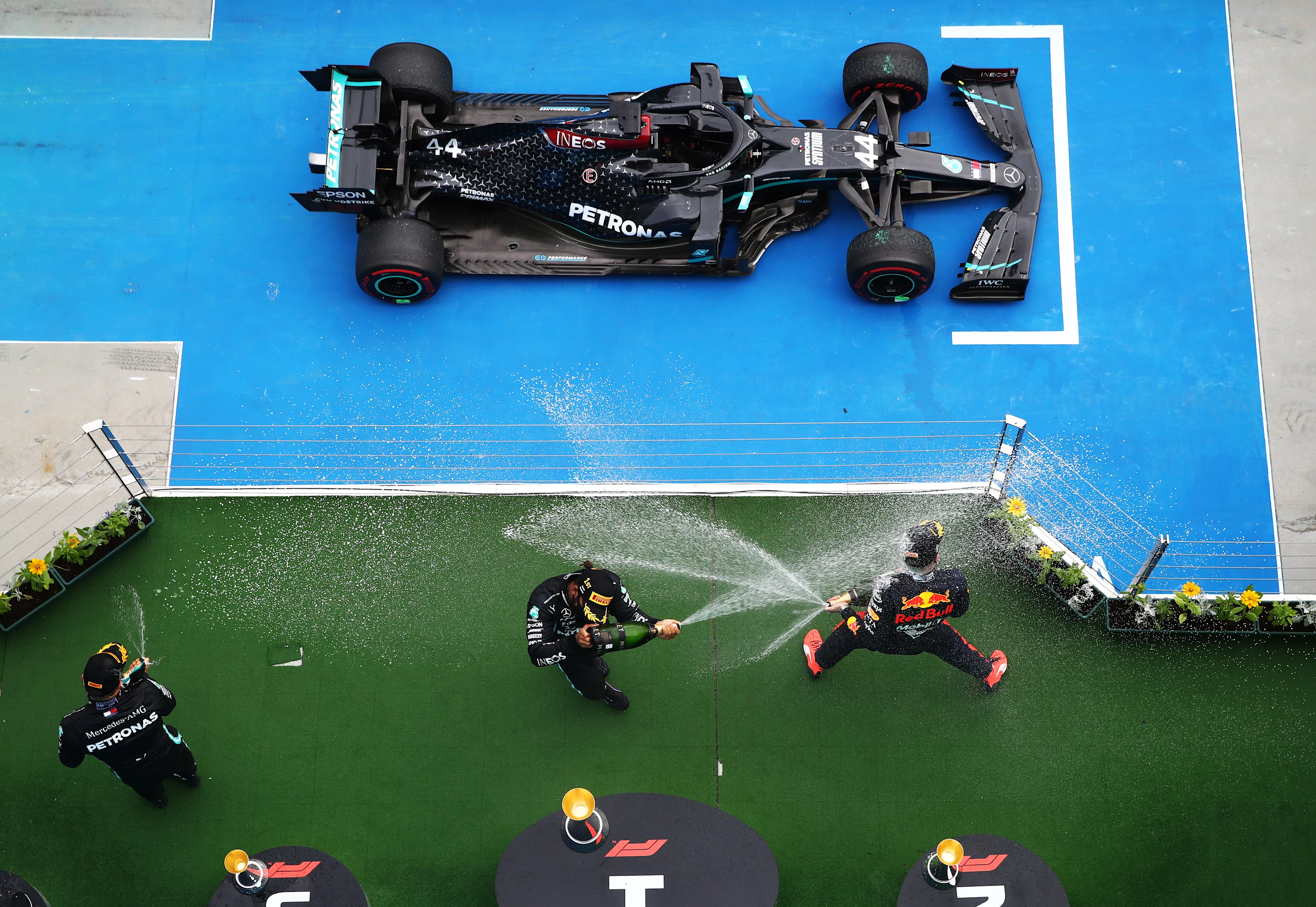
We’re all privileged to do this thing that we love, and to be responsible for putting on a show that brings so much joy to so many people around the world, particularly at a time of such global hardship. And while we revel in the monumental efforts every crew put in over the last three weeks, we must remember they are human.
READ MORE: POWER RANKINGS: Which driver gave Hamilton a surprising run for his money in Hungary?
I hope they are afforded the time over this week to rest, recuperate, and refresh themselves with family and friends.
The next set of races will be here soon enough, another non-stop triple header where they will prove, once again, to be Titans on whose shoulders this sport is built.
One of a kind. And the best of the best.
Next Up
Related Articles
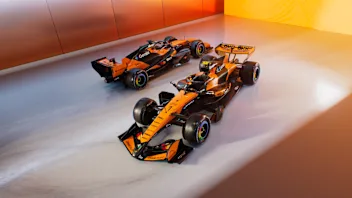 McLaren unveil new livery for 2026 season
McLaren unveil new livery for 2026 season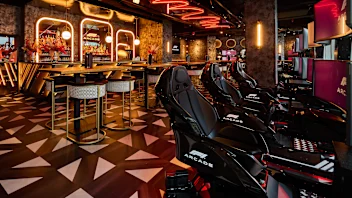 Valentine’s Day date ideas for F1 fans
Valentine’s Day date ideas for F1 fans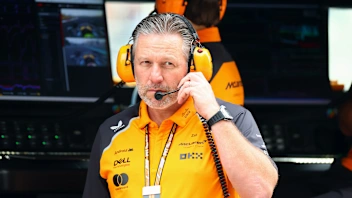 Brown confident McLaren will be ‘competitive’ in 2026
Brown confident McLaren will be ‘competitive’ in 2026.webp) ExclusiveWhy Vowles has 'no concerns' about Williams going forward
ExclusiveWhy Vowles has 'no concerns' about Williams going forward.webp) Team Previews 2026All you need to know about Cadillac
Team Previews 2026All you need to know about Cadillac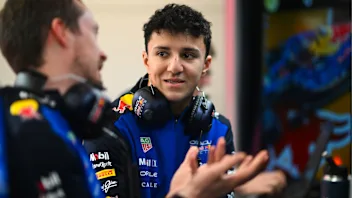 Mekies on why Red Bull are ‘convinced’ by Hadjar's potential
Mekies on why Red Bull are ‘convinced’ by Hadjar's potential

